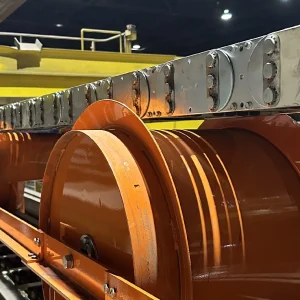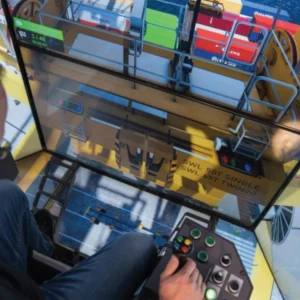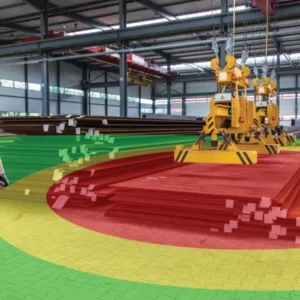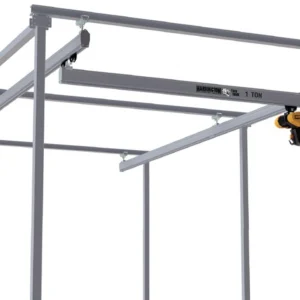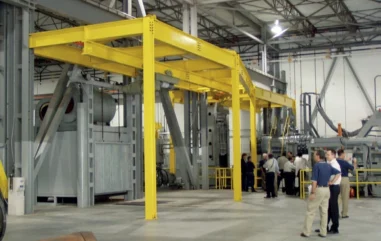
It’s hard to imagine what Atlanta must have looked like in the early days. After the first rail line from Savannah to the Midwest was completed almost 200 years ago, four other rail lines were built and met at the same spot. That junction was the foundation of the city and the catalyst for moving Georgia away from an agrarian economy. The rail lines allowed Georgia and Atlanta to become a southern hub for business and Georgia to adopt the nickname “Empire State of the South”. You can still visit Five Points, located not too far from the original zero mile post of those rail lines. While the rail lines are no longer there, Five Points provides a reminder of the origins of the city and the fact that where five rail lines or roads come together, business (and traffic) are not too far behind. Just make sure you visit the Vortex while you’re there for an incredible burger.
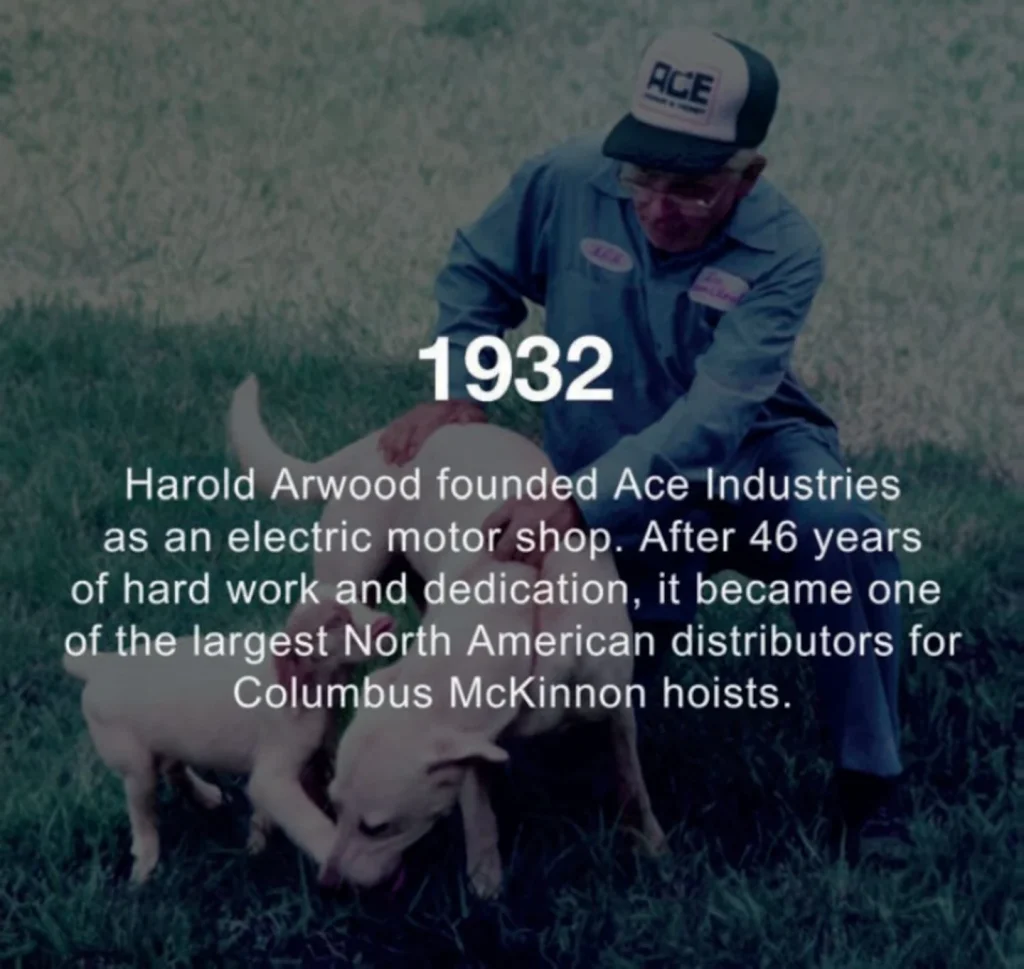
One of the most interesting stories from the early days of Atlanta is how prohibition created one of the world’s largest companies. It proves the old adage that necessity is the mother of invention. For a lot of people raised in the south, all carbonated beverages are collectively called “Coke”. It makes it easy to recognize someone from Georgia. We don’t have pop or soda here. I’m personally thankful to the Coca-Cola Company for helping to save the city during the Great Depression. I happen to know someone who was struggling to make ends meet back then.
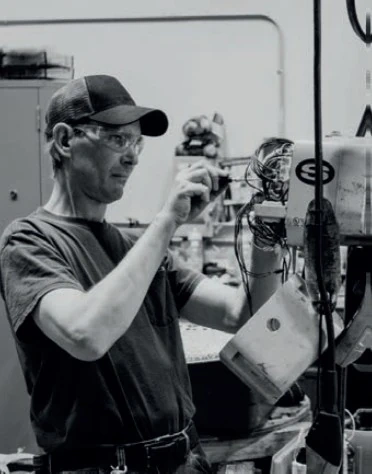
My grandfather, Harold Arwood Sr., was an Atlanta native. Growing up just outside the city and coming of age at the onset of the Great Depression, he struggled to find work like most Americans. He tried many ventures to provide for his family and after years of trying, something finally stuck. He was blessed with an ability to work with his hands and used his talents to repair electric motors. In 1932, he started a small business named Ace Electric with its first office on Edgewood Avenue, just outside downtown Atlanta. For years, he worked tirelessly in that shop, perfecting his craft.
Fortunately, Georgia has a large paper industry and was a leading producer of compounds and rosins that were used in the shipping industry in the early 1900’s. Those paper mills provided a solid foundation of electric motor repairs for Ace Electric. Today, there are paper mills throughout Georgia producing a wide variety of paper products. Companies like Georgia Pacific, Rayonier and International Paper all have deep roots in Georgia.
While the state of Georgia was more agrarian, Atlanta was developing into a business and transportation hub. A new airport took the place of trains, roads were constructed to connect the cities and Atlanta became the center of commerce for Georgia. That connected infrastructure set the stage for the next phase for Ace Electric.
My father, Harold Arwood, Jr., was affectionately called “Bud” by everyone who knew him. After a seven-year stint in the FBI, he decided to move his family back to Atlanta to work with his father. I was born shortly thereafter, the first of my siblings to be born in Atlanta. I was never able to visit the Edgewood office as Bud moved the business way out of the city to a small office on Huber Street. It’s funny now, because what was way out in the mid-1970’s is considered “in-town” today.
Unlike his father, Bud had a knack for computers and systems. While he was never one to shy away from physical work, his true talents were tailor made for the Atlanta business climate. He saw the potential to use the Atlanta transportation infrastructure to reimagine the business. He leveraged a series of opportunities to go from repairing motors, to repairing electric hoists, to selling hoists and all related repair parts. This distribution business fit perfectly with the emerging logistics industry in Atlanta. Not only did the city have a world class airport, but it had the benefit of a promising company offering package delivery across the United States, UPS.
Combining computers, inventory and an in-depth knowledge of repairing hoists, Ace became a trusted source for hoist and crane parts. With the growth of UPS and close proximity to the Atlanta airport, Ace Electric was transformed into Ace Industries, one of the leading suppliers of hoists, cranes and repair parts across the United States.
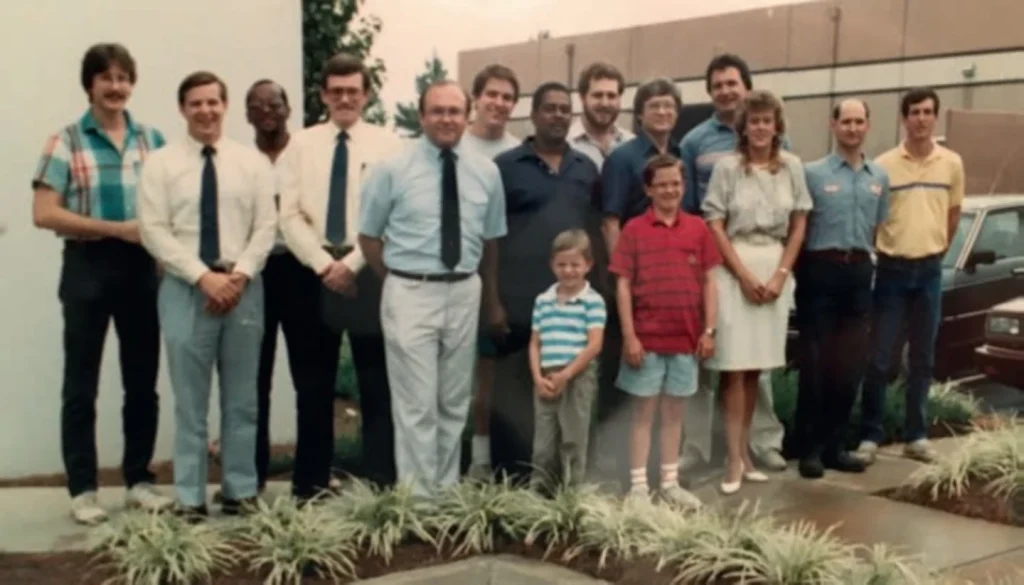
Those were my first memories of Ace. My grandfather working in the shop, teaching technicians to repair hoists. My father was mostly in the office, taking his knowledge of business and inventory to implement systems that allowed Ace to efficiently provide parts and equipment for material handling equipment. But my most vivid memories were working in the warehouse. As a child, I couldn’t do much, but I spent each summer pulling parts, making boxes and cleaning parts bins. I met the UPS driver each day to unload incoming shipments each morning and load the outgoing shipments each afternoon. My father knew that we had to provide excellent service to earn our customer’s business. For a young helper in the warehouse, that message translated to “if it prints today, it ships today.”
By the mid 1980’s, Ace outgrew its home on Huber Street and moved to its current location in Norcross. This was way of town and just like before, is now one of the closest suburban areas to Atlanta.
The 1990’s were a decade of change for Georgia, Atlanta and Ace. Atlanta was awarded the 1996 Olympics and the excitement was palpable. Old industrial areas of Atlanta were torn down and the city was transformed seemingly overnight. Businesses popped up all over Georgia and the rest of the south and that meant new opportunities.
Georgia and our neighbors embraced this new business climate and began to bring manufacturing south. It started for us when Universal Alloy built a plant just north of Atlanta to make extruded aluminum parts for the aerospace industry. New investments continued each year with new plants for Kia, Hyundai and Volkswagen in Georgia, Alabama and Tennessee and infrastructure investments across the state to keep up with the growing industrial base.
Ace’s first branch office opened in 1996 in Birmingham, Alabama. With that, Ace began a decade long transformation from a distributor to a direct service solutions company. Our relationships with customers in Georgia led to opportunities across the south and eventually across the country. Today, Ace stretches from coast to coast and serves many thousands of customers.

The biggest change in the past 30 years is how information has transformed businesses. After buying Gaffey Cranes in 2012, I spent a lot of time in Texas as we integrated that business into Ace. On a family trip to the NASA museum just south of Houston, we took a tour of the historic mission control facility. The guide said something that was shocking to me. They had only one computer for the entire mission control station. As he explained the specifications of that computer, I realized the iPhone I held in my hand was more powerful than the computer they used to reach the moon.
Ace was fortunate to have a leader who saw the information age coming while it was still way off in the distance. Bud dove headfirst into putting Ace’s knowledge first on paper, then online. Fortunately, Georgia was developing a software and technology infrastructure that would facilitate the next phase of growth for Ace. With Georgia Tech and many other technology schools in Atlanta, we had a pool of talented engineers and software professionals to support our team.
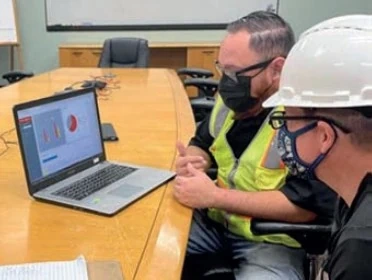
Technology became the vehicle to connect our people. Our first ERP solution was developed by a company just down the road from our Norcross office. We worked with a small development shop in Atlanta to create our first inspection software. Then, we were able to pioneer a picture based mobile inspection software platform that provided transparency to companies regarding the health and well-being of their material handling equipment.
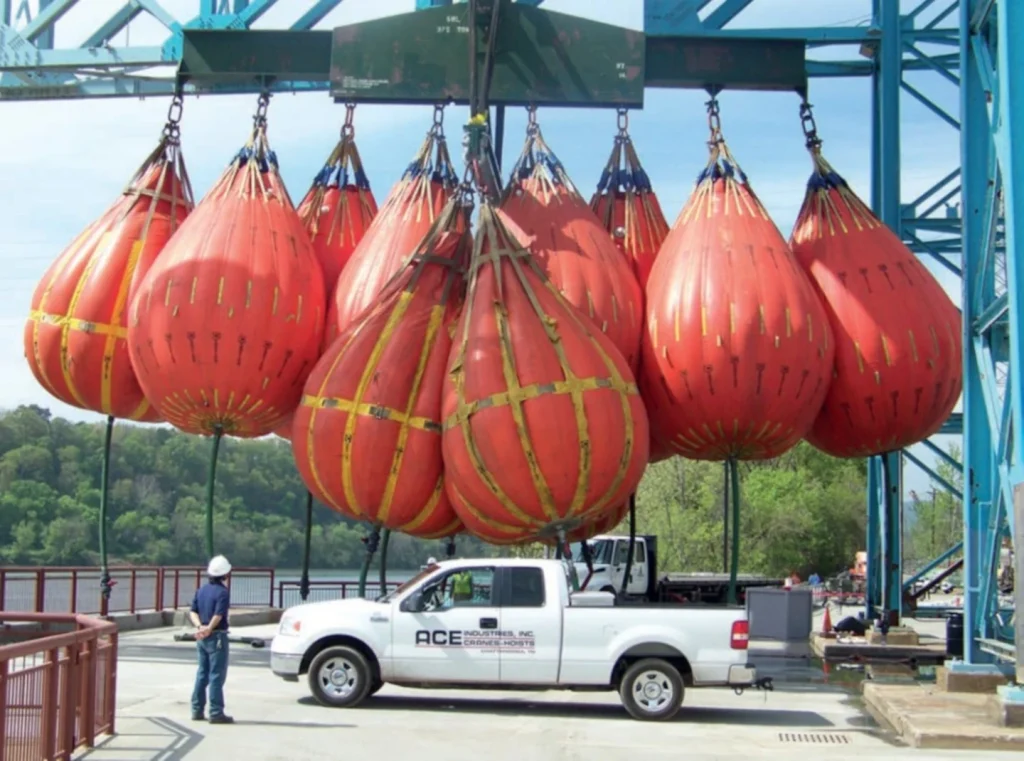
All of that required a state and a city that were committed to embracing new ideas. From the earliest days when a group of people voted to take a chance on a railroad to connect their people, Georgia has been a home to businesses that endeavor to meet the challenges each day brings. Ace is proud to call Georgia our home.’


